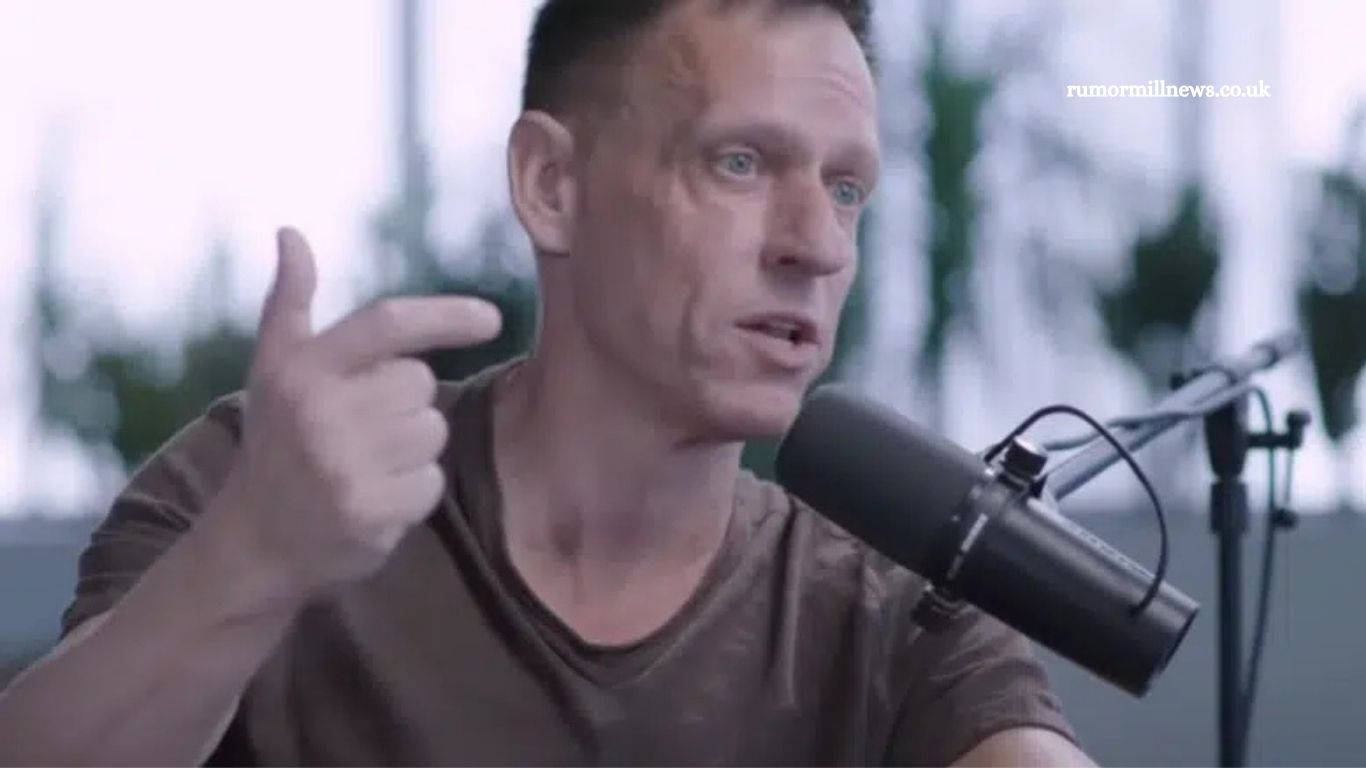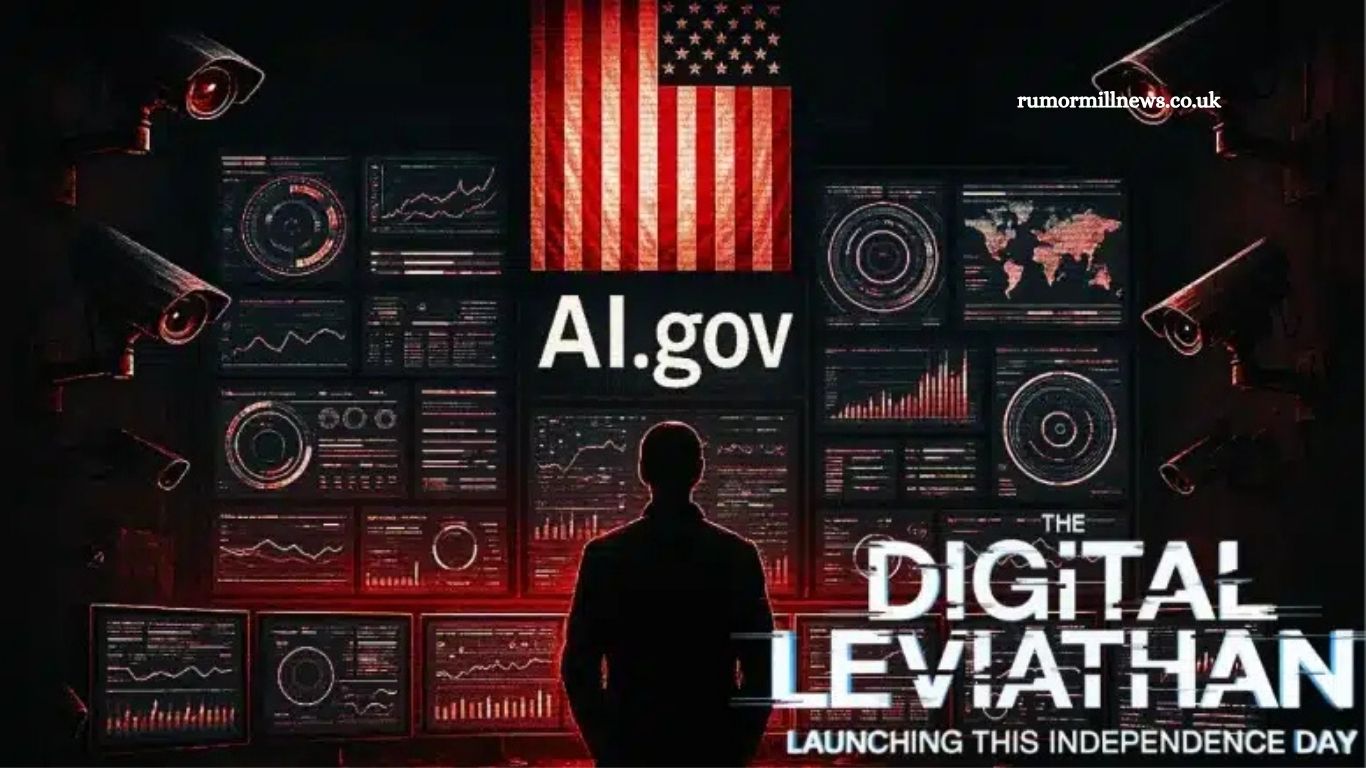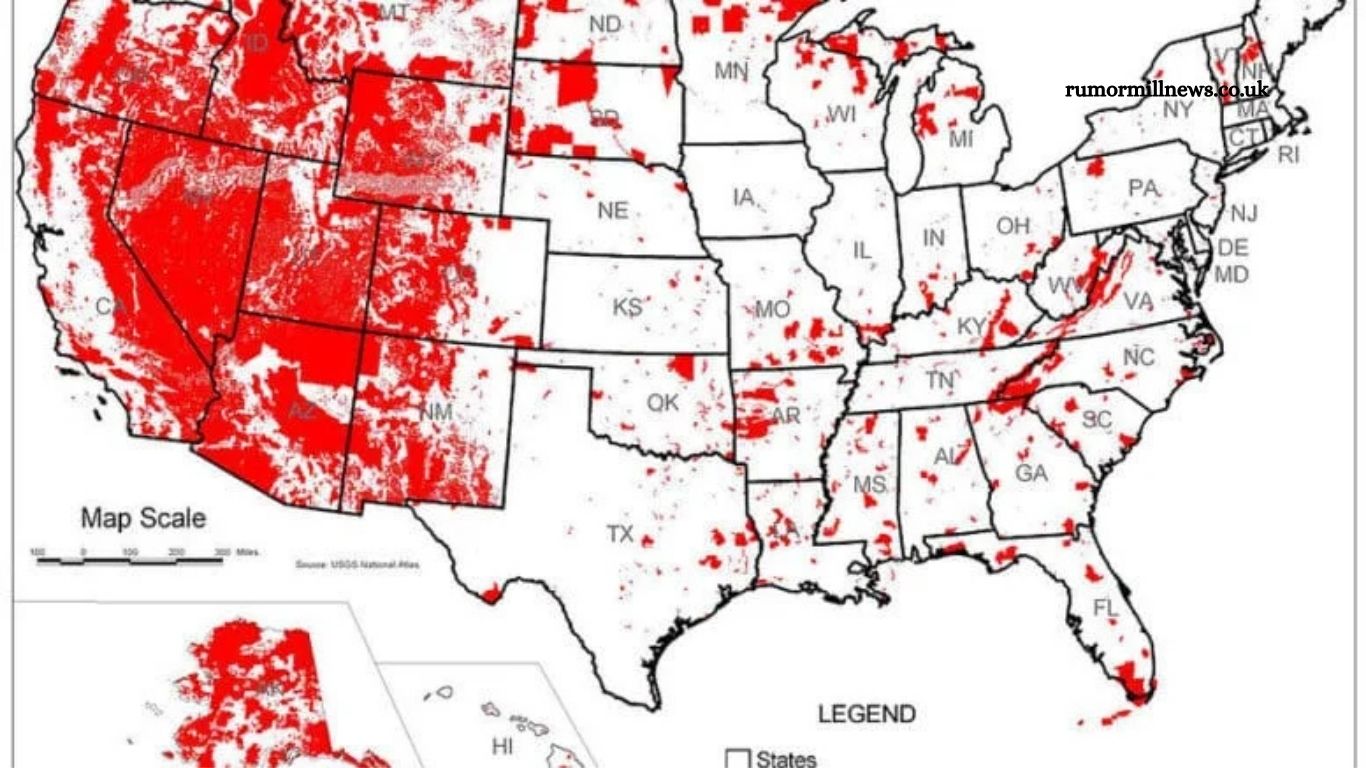In a recent and wide-ranging conversation with New York Times columnist Ross Douthat, Palantir co-founder Peter Thiel offered bold insights on subjects such as transhumanism, life extension, and the Antichrist. Known for his unconventional thinking, Thiel didn’t hold back in discussing the philosophical, technological, and spiritual implications of modern science and global governance.
The Transhumanist Question: Should Humanity Evolve?
The conversation turned toward transhumanism when Douthat posed a provocative question: “Should the human race survive?” Thiel’s answer was clear—yes, but not without radical transformation.
“The ideal was this radical transformation where your human, natural body gets transformed into an immortal body,” Thiel explained.
He emphasized that true transformation goes beyond what current medical or cultural shifts offer. Referencing transgenderism, Thiel claimed, “We want more than cross-dressing or changing your sex organs. We want you to be able to change your heart, your mind, your whole body.”
Read More: Top UK Lawyers Urge Home Secretary to Halt Palestine Action Ban
What Is Transhumanism?
Transhumanism is a philosophical and scientific movement that advocates the use of advanced technologies to enhance human capabilities, extend life, and potentially overcome death itself. Its vision includes integrating biotechnology, artificial intelligence, and cybernetics to transcend natural human limitations.
According to Thiel, transhumanism isn’t just about medical advances—it’s about completely redefining human existence.
The Antichrist and Global Control: A Modern Interpretation
Later in the conversation, Douthat shifted the focus to Christian eschatology, asking Thiel about his recent lectures on the Antichrist. Thiel linked apocalyptic ideas to modern political narratives around existential risk.
“The way the Antichrist would take over the world is you talk about Armageddon nonstop… existential risk nonstop, and this is what you need to regulate,” he warned.
In Thiel’s view, modern fears about AI, nuclear war, pandemics, and climate change are often used to justify global governance, which he sees as a dangerous path.
Existential Risk and One-World Government
Thiel introduced a striking comparison: the atheist framing of “One World or None” versus the Christian framing of “Antichrist or Armageddon.” In both, he sees the same underlying tension between freedom and control, between decentralization and totalitarianism.
He believes the real danger isn’t rogue technology or a mad scientist, but a global response that concentrates power in a single authority.
“In our world, it’s far more likely to be Greta Thunberg than a Dr. Strangelove-type,” Thiel noted, referring to political movements that call for halting progress in the name of safety.
The Role of Technology in Shaping Morality
Throughout the dialogue, Thiel raised profound concerns about the moral direction of technology and regulation. He sees a world that is becoming more fear-driven, where science is not a tool of liberation, but one of control and surveillance.
“It’s the opposite of Baconian science from the Enlightenment,” he said. “People aren’t too trusting—they’re too scared.”
Thiel believes this fear is being weaponized to create centralized solutions, potentially opening the door to a one-world regime—a modern echo of the Antichrist narrative.
Frequently Asked Questions
What is transhumanism?
Transhumanism is a movement that supports using science and technology to enhance human abilities, extend life, and eventually transcend biological limitations.
Why does Peter Thiel support transhumanism?
Thiel believes in solving humanity’s deepest problems, including aging and mortality, through radical innovation and transformation.
What did Thiel mean by the Antichrist taking over through fear?
He suggested that nonstop discourse around existential threats (e.g., climate change, AI) could justify extreme regulatory measures, creating a pathway to global authoritarian control.
How is transgenderism mentioned in Thiel’s view?
Thiel mentioned that current ideas of identity change (like transgenderism) are limited, and true transformation would involve complete control over the body and mind.
Is Peter Thiel religious?
Thiel often discusses Christian concepts in philosophical terms, but doesn’t identify his level of religious faith in this interview.
What is his stance on global governance?
Thiel is deeply skeptical of global governance, especially when justified by existential fears. He views it as a threat to freedom.
How does Thiel view AI and existential risk?
He acknowledges the dangers of AI but is more concerned about the political overreach that may arise in the name of managing such risks.
What is the significance of ‘One World or None’?
This phrase, coined in the 1940s, captures the belief that only a global authority can manage global threats—a notion Thiel critiques as ideologically aligned with the concept of the Antichrist.
Conclusion
Peter Thiel’s conversation with Ross Douthat raises critical questions about the direction of human progress. By blending theology, politics, and technology, Thiel paints a picture of a civilization at a crossroads: embrace innovation and personal transformation, or succumb to fear and centralized control.
His reflections invite deeper thinking on how we define humanity, freedom, and the future. Whether one agrees or not, Thiel’s message is clear: progress must be pursued, but not at the cost of individual liberty or spiritual clarity.



